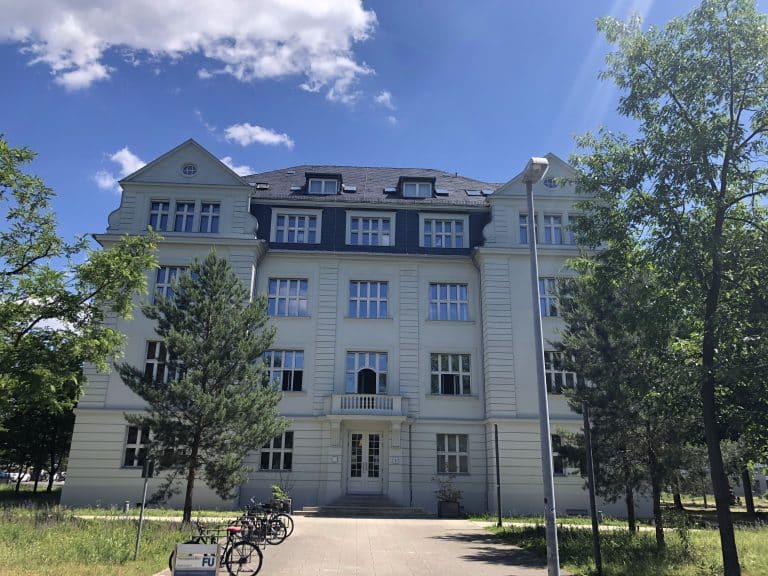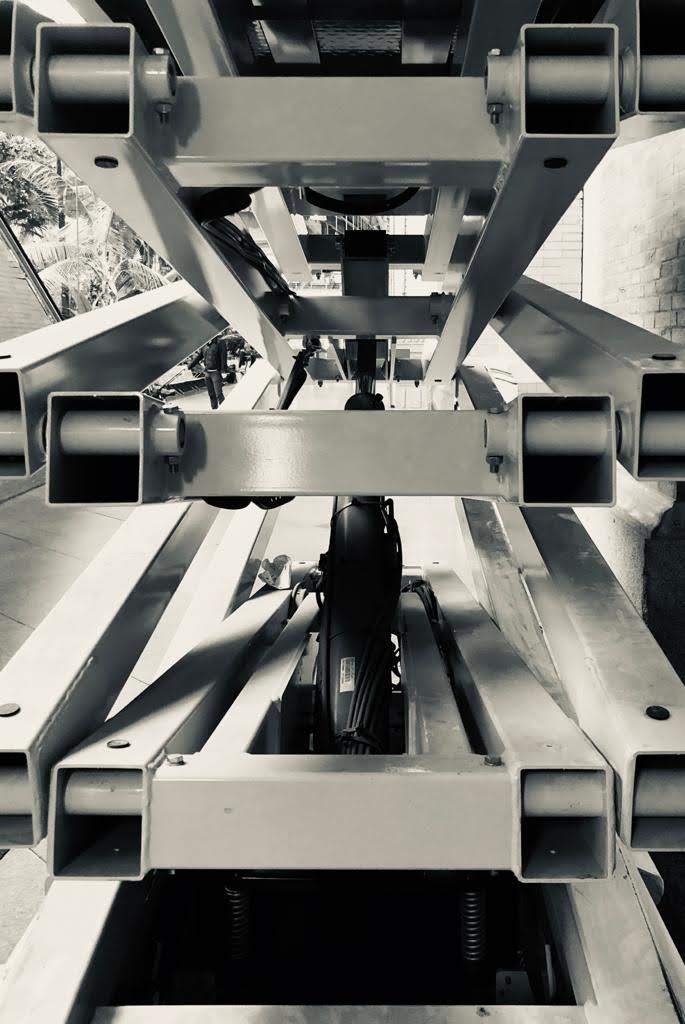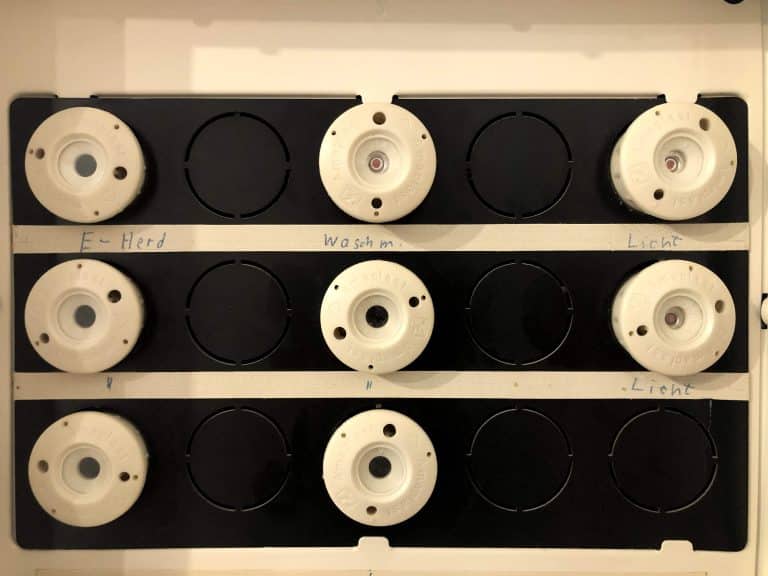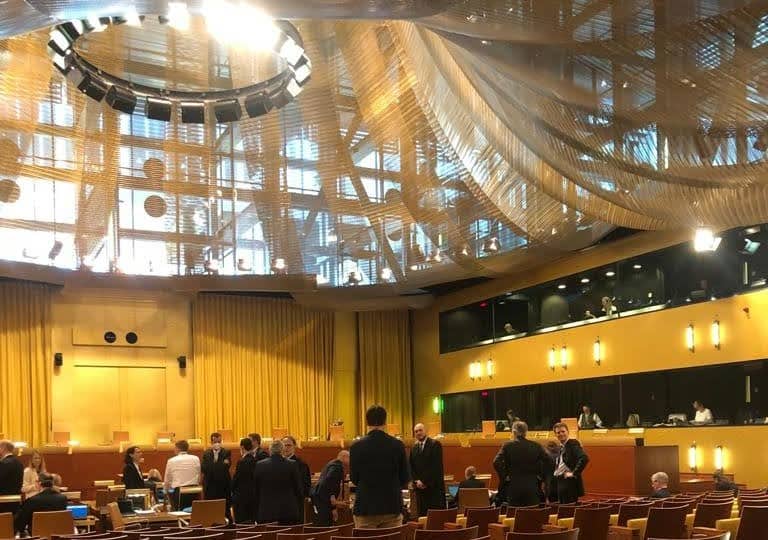For some weeks now, there has been considerable media interest in so-called intelligent chatbots. Whether these are really intelligent and whether the term “artificial intelligence” is appropriate at all is open to question. They impress with their access to training data and numerous possibilities for automation.
WHAT ARE PERSONAL ASSISTANTS?
But even that is not entirely new now, only the offer for us end users is currently very vivid. For some time now, there have been thoughts about the next foreseeable technological leaps. One of them is that of so-called personal assistants. In very general terms, this can be understood as a programme that completes tasks according to the individual specifications of its user. In very simplified terms, this could be a process that, without being asked and without me having to set it up every time, finds the best possible and/or most economical train connection for my business appointments. — For the purposes of this article, I assume that the railway companies would have to provide the corresponding data. I will describe elsewhere what problems exist with data access and how these can be solved under current law. — In short, a personal assistant can take a lot of everyday work off your hands. Some search engines are already developing in this direction, simply by making their search processes easier to use and automating them. A typical feature is the so-called self-learning effects that can occur because the system can try out and combine all possible alternatives.
WHAT ARE VIRTUAL ASSISTANTS ACCORDING TO THE DMA?
The Digital Markets Act has already recognised this development. It contains the term “virtual assistant”. According to Art. 2 No. 2 lit. h) DMA, this is also a central platform service. A gatekeeper can therefore also be included in a designation decision with a virtual assistant offered by it. In this case, the substantive obligations would apply to him.
But what is a virtual assistant? According to the definition in Art. 2 No. 12 DMA, it is software that can process orders, tasks or questions, including on the basis of input in sound, image and written form, gestures or movements, and that enables access to other services or controls connected physical devices on the basis of these orders, tasks or questions. This typical definition can be illustrated a little better systematically. Then it becomes much simpler:
- Software
- Can process orders, tasks or questions
- Enables access to other services or controls connected physical devices.
The second characteristic is to be interpreted very broadly and as a result covers all possible inputs. This follows from the subordinate clause that orders, tasks or questions can also take place on the basis of inputs in sound, image and written form, even gestures or movements. The third characteristic additionally requires that access to other services or control of connected physical devices is based on these orders, tasks or questions. The basis is again conceivably broad. For example, an input by a user at any point in time could constitute a basis precisely because the system processes the corresponding information in an abstracted manner.
WHICH PROVISIONS RELATE TO VIRTUAL ASSISTANTS?
First, a gatekeeper may have obligations in respect of all designated central platform services. Then he must also observe the obligations of the DMA with regard to a virtual assistant if he offers such an assistant. On the other hand, the virtual assistant is included in the definition of the ranking term according to Art. 2 No. 22 DMA. There it can be inferred that a relative prominence, as is typical in a ranking, can also be provided by virtual assistants. This is only consistent, since a typical task of such an assistant can also be the performance of searches.
Two duties are explicitly addressed to virtual assistants. First, according to Art. 6(3)(2) DMA, the gatekeeper must allow changes to be made to the default settings of a virtual assistant, especially when using it for the first time. Secondly, according to Art. 6(7)(1) DMA, the gatekeeper must enable effective interoperability with hardware or software functions that can also be accessed with virtual assistants. Interoperability in this context means a functioning data exchange so that the virtual assistant is sufficiently usable from the user’s perspective. Pursuant to Art. 6 para. 7 subpara. 2 DMA, the gatekeeper has the possibility to take necessary and appropriate measures to ensure integrity.


















